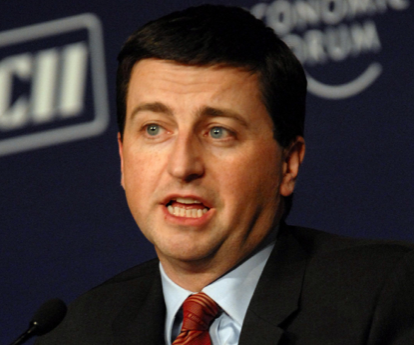Gift Aid and other tax reliefs to encourage philanthropy are only backed by less than half of the UK public, according to a survey.
The survey of 1,215 people found that only 45.6% support government tax incentives for those who give money to charity.
Among those surveyed around a third (31.7%) are unsure about the use of tax reliefs and just under a quarter (22.8%) strongly disagree that government should give tax incentives to people who give.
The research also found that men, older people and those on higher incomes are more likely to back Gift Aid and other tax reliefs.
The findings have emerged in research into philanthropic giving commissioned by philanthropy support charity Prism the Gift Fund and written by Dr Beth Breeze, director of the centre of philanthropy at the University of Kent.
The report points out that “a key plank of government support to encourage philanthropic activity is the provision of tax breaks”.
It adds that the total value of charity tax reliefs is worth around £5.1bn each year. Of this £3.6bn is claimed by charities and £1.5bn is claimed by individual donors.
The most significant reliefs are relief on charitable bequests in inheritance tax (worth £860m a year) and Gift Aid claimed by higher rate tax-payers (worth £490m a year).
Relief on gifts of shares and property donated to charities is worth £70m and relief on pay roll giving is worth £40m.
Lack of trust in philanthropy
Most believe that philanthropic giving makes a positive contribution but there is less agreement that philanthropists are good for society. Just half (53%) of people on low incomes believe they benefit society.
Only around one in four (38.1%) of people “trust donors to do what is right with their donations”.
“Women are significantly more trusting than men and those age 70+ are the only age group where a majority express trust in donors,” found the report.
The report also found that charitable giving is common but seen as a private matter by people in the UK and awareness of donor advised funds is low.
Covid-19 has “magnified divisions” in attitudes to philanthropy, according to James Libson, Prism the Gift Fund chair and managing martner of Mishcon de Reya LLP.
He said that the pandemic has “thrown a legitimate spotlight on the response and responsibilities of those able to give.”
“Suspicion about philanthropists and their motivation undermines the broad acceptance of the benefit of philanthropy. It is a matter for the philanthropy sector to address and we at Prism are committed to doing so,” Libson added.
A Charities Aid Foundation survey published in August found that only four out of ten donors believe that government top ups on donations, such as Gift Aid and match funding, will make them more likely to give.
Meanwhile, a number of charity sector bodies are calling for the government to bring in a temporary increase in Gift Aid to help charities cope with Covid-19 income losses.
Charity Times video Q&A: In conversation with Hilda Hayo, CEO of Dementia UK
Charity Times editor, Lauren Weymouth, is joined by Dementia UK CEO, Hilda Hayo to discuss why the charity receives such high workplace satisfaction results, what a positive working culture looks like and the importance of lived experience among staff. The pair talk about challenges facing the charity, the impact felt by the pandemic and how it's striving to overcome obstacles and continue to be a highly impactful organisation for anybody affected by dementia.
Charity Times Awards 2023
Mitigating risk and reducing claims

The cost-of-living crisis is impacting charities in a number of ways, including the risks they take. Endsleigh Insurance’s* senior risk management consultant Scott Crichton joins Charity Times to discuss the ramifications of prioritising certain types of risk over others, the financial implications risk can have if not managed properly, and tips for charities to help manage those risks.
* Coming soon… Howden, the new name for Endsleigh.
* Coming soon… Howden, the new name for Endsleigh.
Better Society

© 2021 Perspective Publishing Privacy & Cookies










Recent Stories